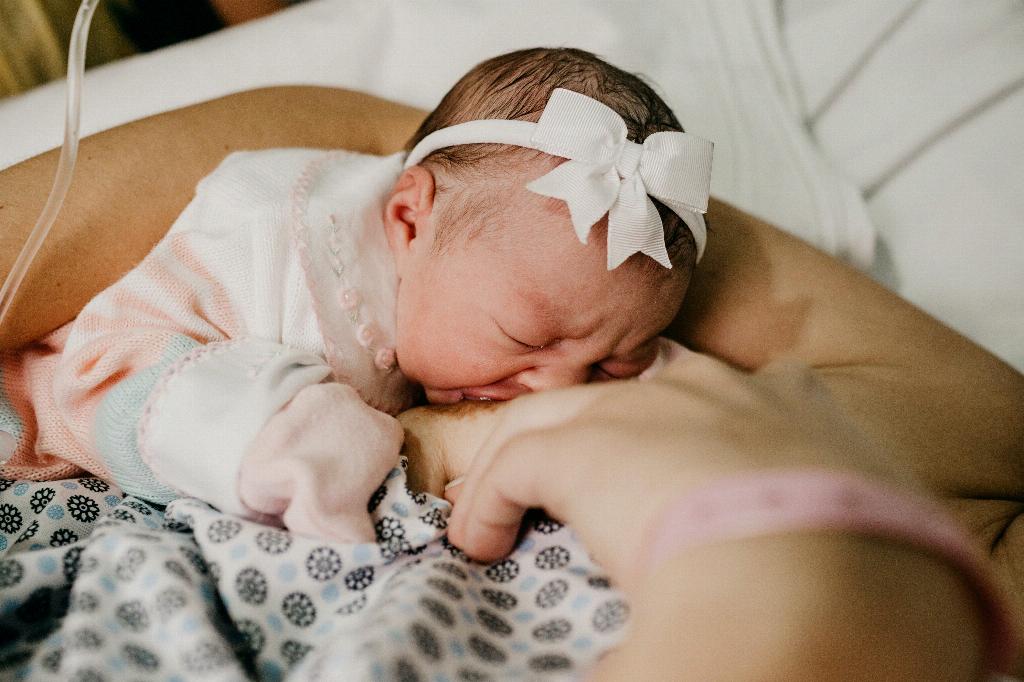When it comes to the question of whether you can breastfeed if you have smoked once, it’s essential to consider the potential impact of smoking on breastfeeding and your baby’s health. Smoking, including marijuana use, can have various effects on breast milk composition and the overall well-being of your infant.
Impact of Smoking on Breast Milk Composition
Studies have shown that smoking, including marijuana use, can alter the composition of breast milk, potentially exposing your baby to harmful substances. Nicotine and other compounds from cigarettes or marijuana can pass into breast milk, affecting its quality and safety for your infant.
Risks of Secondhand Smoke Exposure
Secondhand smoke exposure is another significant concern when considering breastfeeding after smoking. Even if you smoked only once, residual chemicals from cigarettes or marijuana can linger in your body and be present in your breast milk, exposing your baby to harmful substances.
Impact of THC Presence in Breast Milk
THC, the psychoactive component in marijuana, can be detected in breast milk after smoking. This raises concerns about the potential effects of THC exposure on your baby’s developing brain and overall health, making it important to consider the implications of smoking, even if it was a one-time occurrence.
Health Risks for the Baby
Exposure to substances from smoking through breast milk can pose various health risks for your baby, including respiratory issues, developmental delays, and increased susceptibility to infections. Even occasional smoking can have adverse effects on your child’s health and well-being.
Considerations for Breastfeeding Mothers
Given the potential risks associated with smoking and breastfeeding, healthcare providers generally advise against smoking, including marijuana use, while breastfeeding. It is crucial to prioritize your baby’s health and well-being by making informed decisions about your lifestyle choices.
Consultation with Healthcare Providers
If you have smoked once and are unsure about the implications for breastfeeding, it is recommended to consult with your healthcare provider. They can provide personalized guidance and support based on your individual circumstances and help you make informed decisions regarding breastfeeding.
Importance of Open Communication
Open communication with your healthcare provider is key in addressing any concerns or questions you may have about smoking and breastfeeding. Being honest about your smoking history allows your healthcare provider to offer tailored advice and support to ensure the health and safety of your baby.
Exploring Alternatives to Smoking
If you are a breastfeeding mother who has smoked once and are looking for alternatives to smoking, consider exploring healthy coping mechanisms and support resources. Engaging in stress-reducing activities and seeking support from healthcare professionals can help you navigate this challenging situation.
Prioritizing Your Baby’s Well-Being
Ultimately, as a breastfeeding mother, your priority is the health and well-being of your baby. Making informed decisions that protect your child from potential harm is essential. By considering the impact of smoking on breastfeeding and seeking guidance from healthcare providers, you can ensure the best outcomes for your baby.
Conclusion
While the question of whether you can breastfeed if you smoked once may have crossed your mind, it is crucial to understand the potential risks and implications for your baby’s health. Prioritizing open communication with healthcare providers, exploring alternatives to smoking, and making informed decisions can help you navigate this complex issue and ensure the well-being of your infant.

